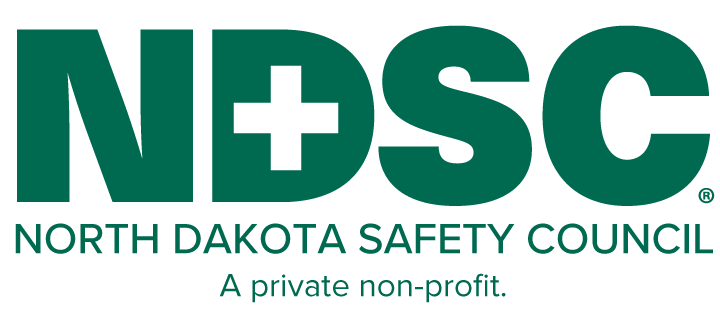May is Mental Health Awareness Month
The pandemic brought to the forefront the complex challenges of how-to best support employee mental health – an issue that has been in the workplace for years, even decades. Employee mental distress is often related to increased workloads and in times of stress or serious change. When this happens, both employees and the organization pay a price.
The mental health of Americans was drastically impacted by the pandemic with 40% of U.S. adults reporting in June 2020 that they struggled with mental health or substance abuse.
One truth is abundantly clear, our work and workplaces impact our mental health and wellbeing. Almost 9 in 10 employees report that their workplace is causing them stress and 83% say they’re experiencing emotional exhaustion as a result of work. Mental health has been an increasing issue in the past few years after the pandemic due to some employees working from home indefinitely, some in high-stress and high-risk frontline jobs often for longer hours, and others experiencing the negative effects of layoffs and job insecurities.
Employers have a responsibility to address mental health and support overall employee well-being in the workplace. Addressing employee well-being can result in lower costs, improved work productivity, increased organizational performance, and decrease turnover.
What Can You Do When It Comes to Mental Health
The National Council for Mental Wellbeing invites individuals to take action for change on mental health through four key avenues:
- Raise your voice and advocate for change. You have the power to break down the stigma behind mental health and create a more supportive environment for those struggling.
- Lead by example – prioritize your self-care. Self-care is essential for your overall health and your ability to support others.
- Celebrate mental wellbeing. Embrace and honor your mental wellbeing journey. Take pride in the steps you have taken to prioritize your mental health and inspire others to do the same.
- Be the difference and get involved. Make an impact in your community.
Learn more on Mental Health First Aid from National Council for Mental Wellbeing by visiting https://bit.ly/3Wyo1SB.
New Tools to Empower Employee Wellbeing
The NDSC is now offering Mental Health First Aid teaches participants to recognize the signs and symptoms that suggest a potential mental health or substance use challenge, how to listen nonjudgmentally and give reassurance to a person who may be experiencing a mental health or substance use challenge, and how to refer a person to appropriate support and services. Find a course near you HERE.
Soon, we will be rolling out our Lunch and Learn events for Mental Health First Aid. These events will be held throughout the state, allowing individuals to attend and learn more about the complexities behind mental health. Our goal is to be a resource and to provide continued education to help build a healthier and more resilient North Dakota.
“Very few people would hesitate to get medical attention with a physical injury. However, many often struggle seeking help when it involves our mental well-being. Nearly everyone knows of someone who has either taken First Aid/ CPR or teaches First Aid/ CPR but, not many have heard of Mental Health First Aid. Our mental health is just as important as our physical health.”
Simply put, a Mental Health First Aider can be the one to make a difference in someone’s life and be that vital link to the much-needed assistance and resources and help reduce the fear and misunderstanding, or stigma that often surrounds mental illness.
A Mental Health First Aider’s actions can be the first step in someone’s journey to recovery.
Program Director Mary Hoffman was integral in bringing the Mental Health First Aid course to the NDSC in 2023. Hoffman had seen the course create positive changes and felt it was an important offering for the NDSC to bring to its member companies and the public.
“The Mental Health First Aid course helps destigmatize mental health conditions while giving others the tools and knowledge to help identify when others are struggling while learning to connect them to resources that can make an impact.”
At the end of the day, we are all employees who have experienced stress and distress over the years. It is important to prioritize employee well-being and to extend grace not only to our loved ones and colleagues but most importantly to ourselves.
Sources:
National Safety Council: https://www.nsc.org/safety-first/what-employers-can-do-when-it-comes-to-mental-heal
National Council for Mental Wellbeing: https://www.mentalhealthfirstaid.org/2024/05/four-ways-forward-mental-health-awareness-month/




